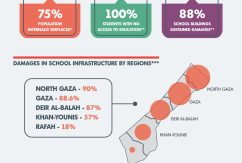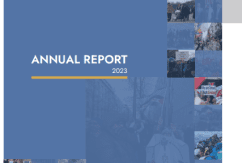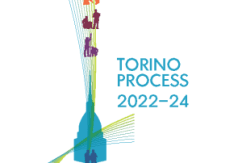The “Green Entrepreneurs” of Switchmed: an incubator for success stories
To produce real chocolate in Ghardaïa, the gateway to the Algerian Sahara: this is the crazy challenge undertaken by Rima and Hamou Boussadda, sister and brother in life and partners in business.
In reality, it has been a series of challenges that they have been trying to meet for the last two years: cultivating soft dates, producing rob (date syrup) and vinegar, and transforming stones into animal feed.
Hamou, a graduate in plant biotechnological sciences from Algiers University, had noted that large quantities of dates were being thrown away as a result of date palm cultivators’ inability to sell them. “The date palm farmers in the region were no longer managing to sell certain types of soft date such as the Bent Kbela and Tajizawane. Large quantities of fruit were no longer being harvested. This was a huge loss with the risk of losing entire cultivars,” he explained during a meeting in Ghardaïa.
Rima and Hamou were faced with a very interesting market opportunity. The Boussadda siblings gave it some thought. They were convinced that it was possible to process larger quantities of dates. “One day, we had the idea of coating the dates with chocolate. But unlike other confectioners we decided to use high quality Belgian chocolate.” So this was how the Rima chocolate brand was born – named after his sister who encouraged him to launch this project.
Hamou and Rima then started producing rob and date vinegar. In one year, the total quantity of fruit processed went from 20 to 150 tonnes. This was all supplied by producers located in a number of towns in southern Algeria. Nothing was wasted, as even the stones were used as animal feed.
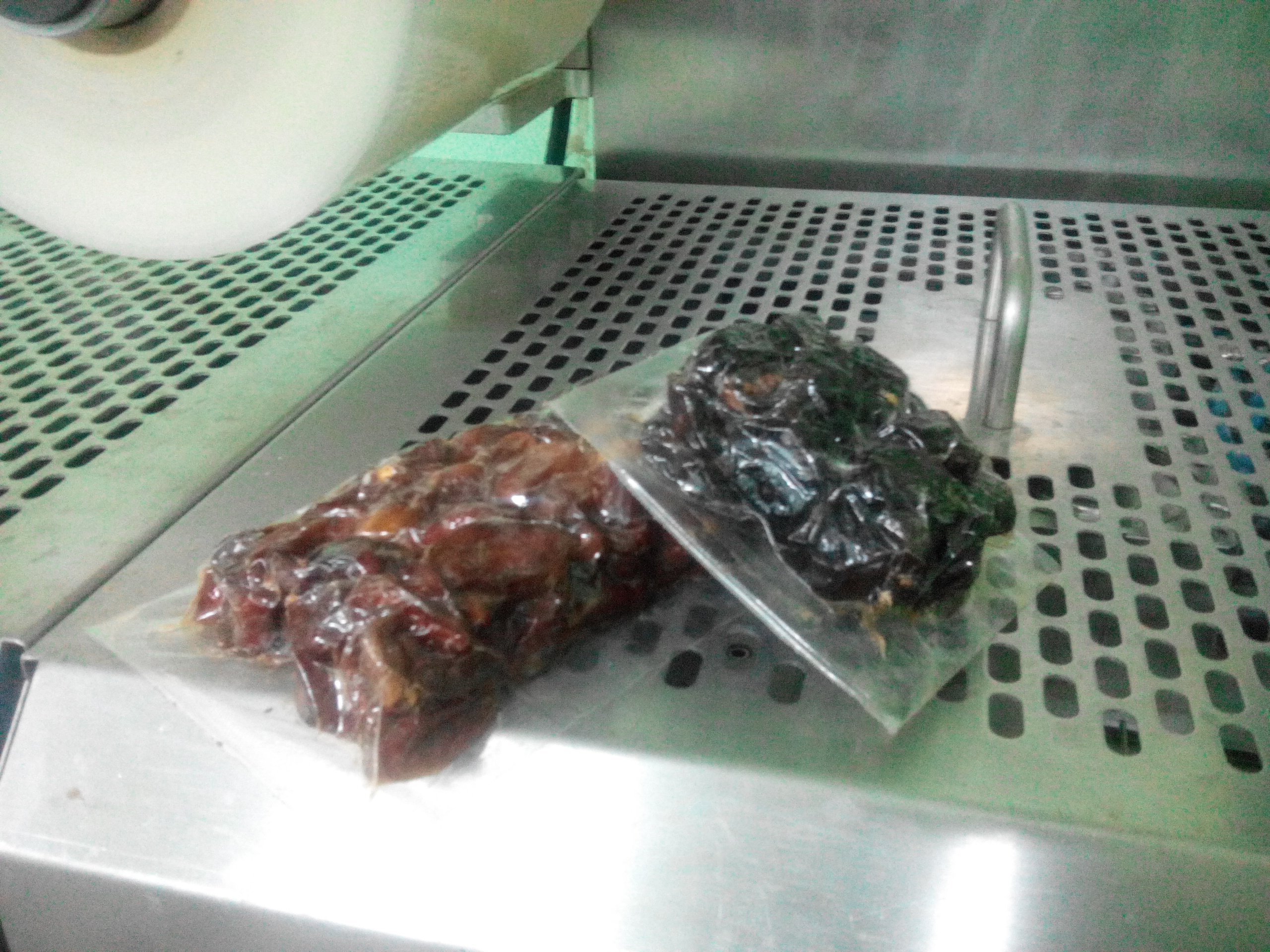

Support from Switchmed
In 2015, this small company from Ghardaïa was selected to be part of the “Green Entrepreneurs” scheme, part of the European Union’s Switchmed programme.
“We submitted a project focussing on three main areas: the standardising of our vinegar and rob production, the drafting of a working protocol for extracting oil from the date stones (substance used by the cosmetic industry) and, finally, the production of high quality chocolate from cocoa beans,” stated the young entrepreneur.
This brief fits perfectly with the criteria set by Switchmed, i.e. respect for the principles of a cyclical economy, sustainable local development, and profitability. Hamou and Rima are very optimistic. The process is well underway, with the agreement on the appointment of experts currently being finalised.
“Le Printemps” or the fair return to nature
Let’s go further north, to Bejaïa, on the Mediterranean coast, to look at some other “Green Entrepreneurs” supported by Switchmed. It is in their home town that Nardjess and Aniss Ouazane have launched their project for developing natural fabric dyes. After taking a degree in finance, Nardjess met her husband on an aviation course.
But there was no question of piloting planes – they prefered to get involved in “Le Printemps”, a quilt production workshop, created several years before by Anis’ mother.
The two artisans work to order. Clients go to the workshop direct, choose the fabric and size of their quilt, and then go back several days later to collect it. “The quality of our products and our prices are our main strengths,” says Anis. He is quick to pay tribute to his wife for bringing a note of creativity and originality to this small family business.
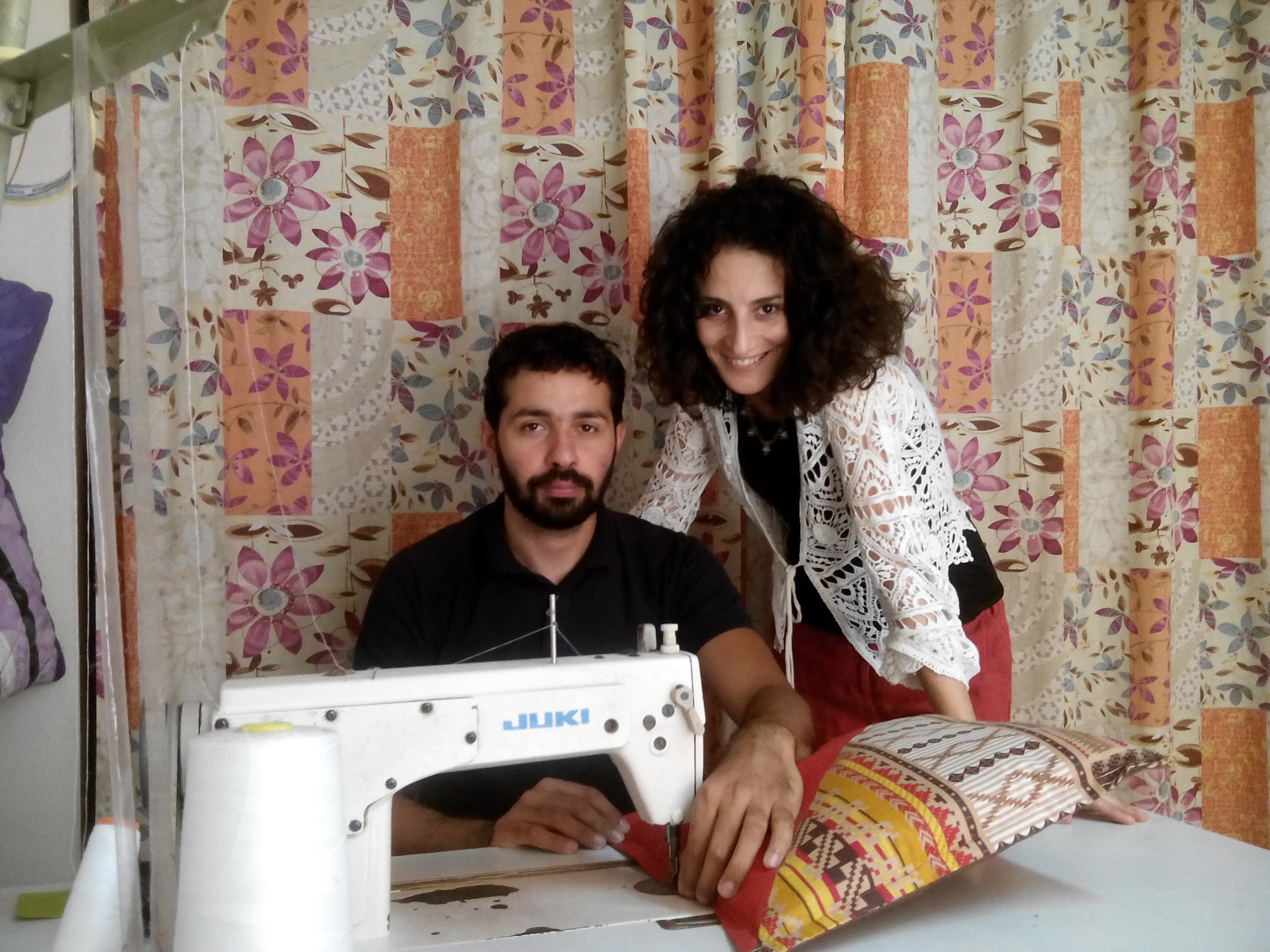

In actual fact, Nardjess had recognised the possibility of re-using fabric offcuts to make other products, which she now makes in another workshop. Storage bags, dolls, customised boxes, hampers, prams, chair seats… there are no bounds to her imagination. “I’ve always loved sewing. It has been my passion since my early childhood and I finally had the chance to make it my profession,” she stated.
But the work of the young couple is constrained by the quality of the fabric and the patterns available on the Algerian market. With the disappearance of the national textile industry, the majority of fabrics now come from China. According to Anis, “several importers have a monopoly in this market and they are not particularly concerned with the notions of quality and aesthetics.”
The idea of producing their own fabrics then came to them. And that is when Switchmed became involved. “We applied to the Green Entrepreneurs programme in order to develop techniques for printing our fabrics with natural dyes. Natural colourings are available in abundance locally. These are extracts of indigo, beetroot, pomegranate or even spinach.”
The brief that they have presented also includes training courses for drawing up a business plan, learning design techniques and developing a process for making use of fabric scraps. Nardjess and Anis are anxiously waiting for experts to be appointed who will work with them to help them reach their goals. Another success story being written thanks to Switchmed’s support.
To find out more:
SwitchMed Green Entrepreneurs programme http://switchmedentrepreneurs.eu
Website www.switchmed.eu








